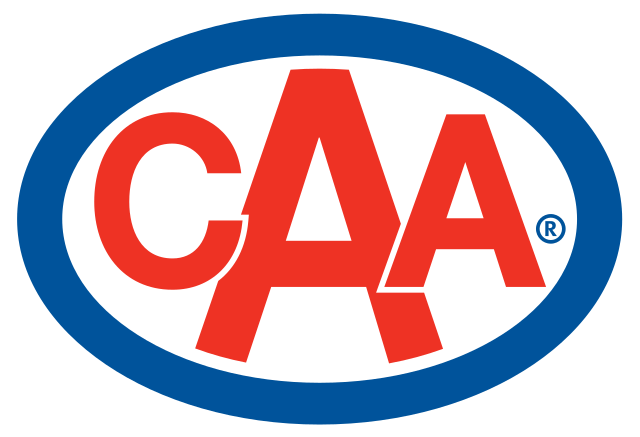Pet-Safe Spring Cleaning
Spring has sprung, so it's time for some serious cleaning!
But hold your horses (or should we say, hold your pets) - because when your furry friends are bouncing around, it's super important to make sure your cleaning frenzy doesn't put them at risk.
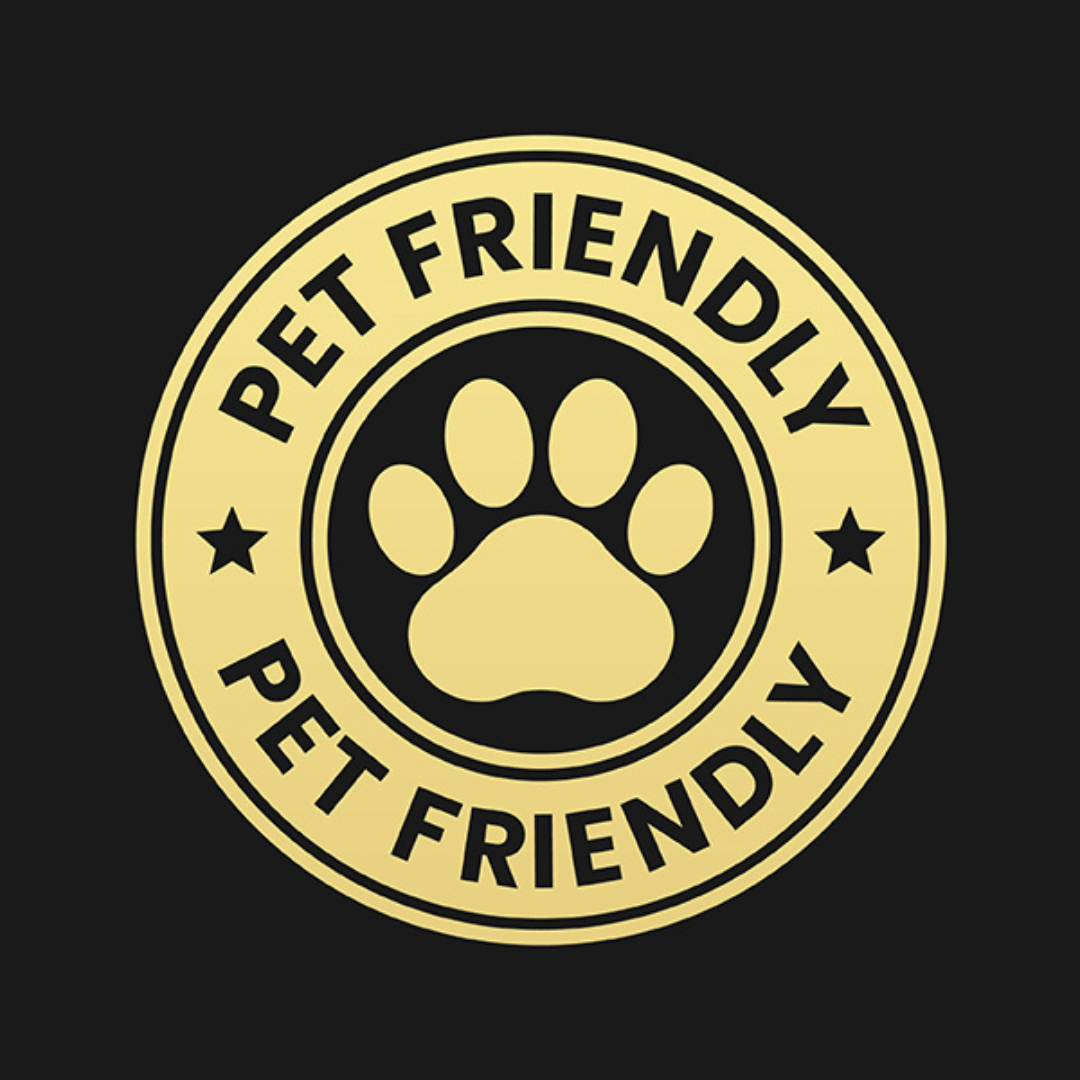
The Importance of Understanding Cleaners
Unfortunately, our adorable furry friends can fall victim to exposure to harsh household cleaners. We're talking about the strong ones like ammonia in glass cleaners and chlorine in bleach-based products. These can spell disaster for our pets, causing everything from minor skin or eye irritations to serious health concerns like breathing troubles.
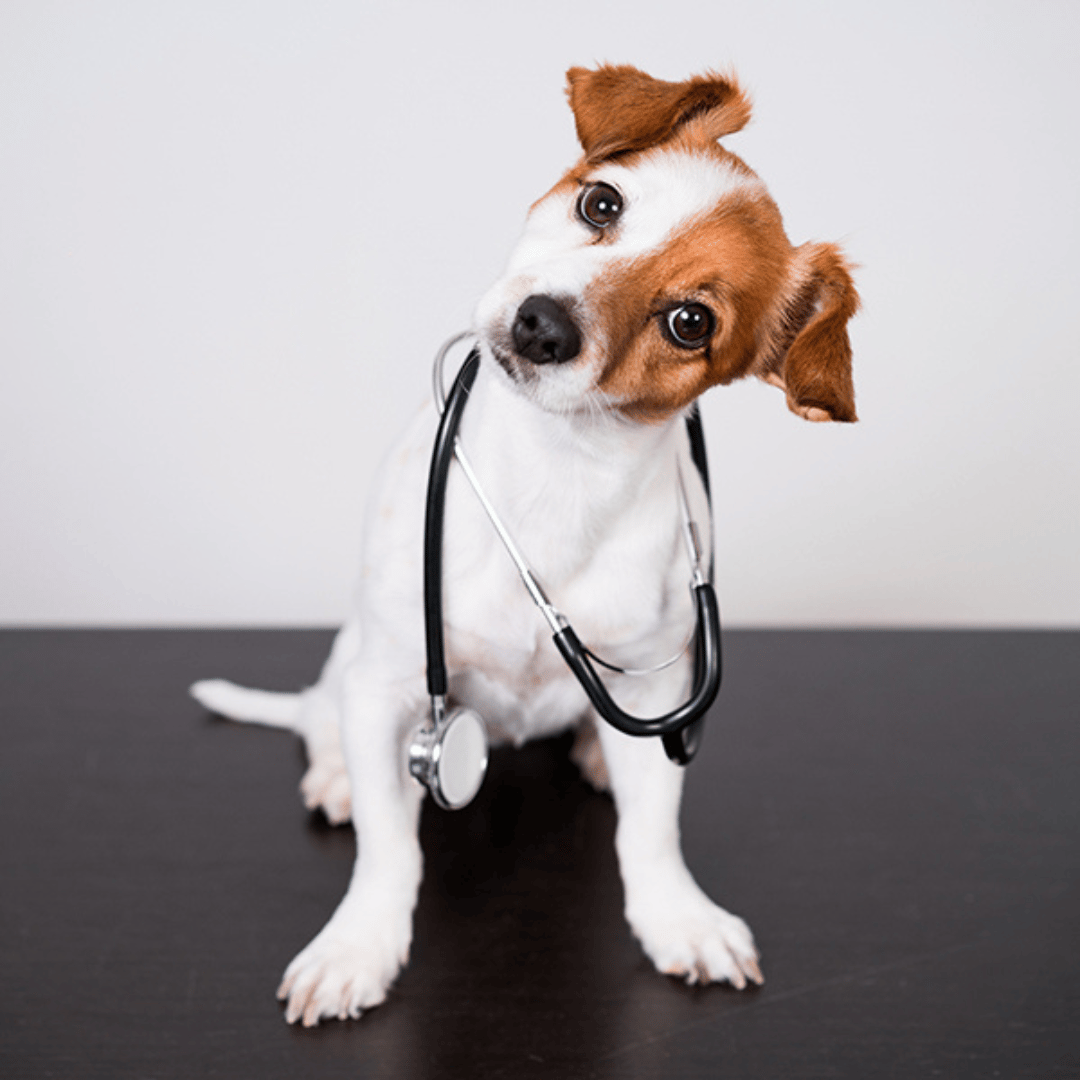
To help prevent this, become a label detective when you're using cleaning supplies. Certifications can be a helpful guide, use products certified by environmental or pet safety organizations and conduct a bit of research to be confident in your choices. Check for phrases like 'pet-friendly' or 'non-toxic,' but always validate the ingredient list- even some 'green' products can have hidden dangers.
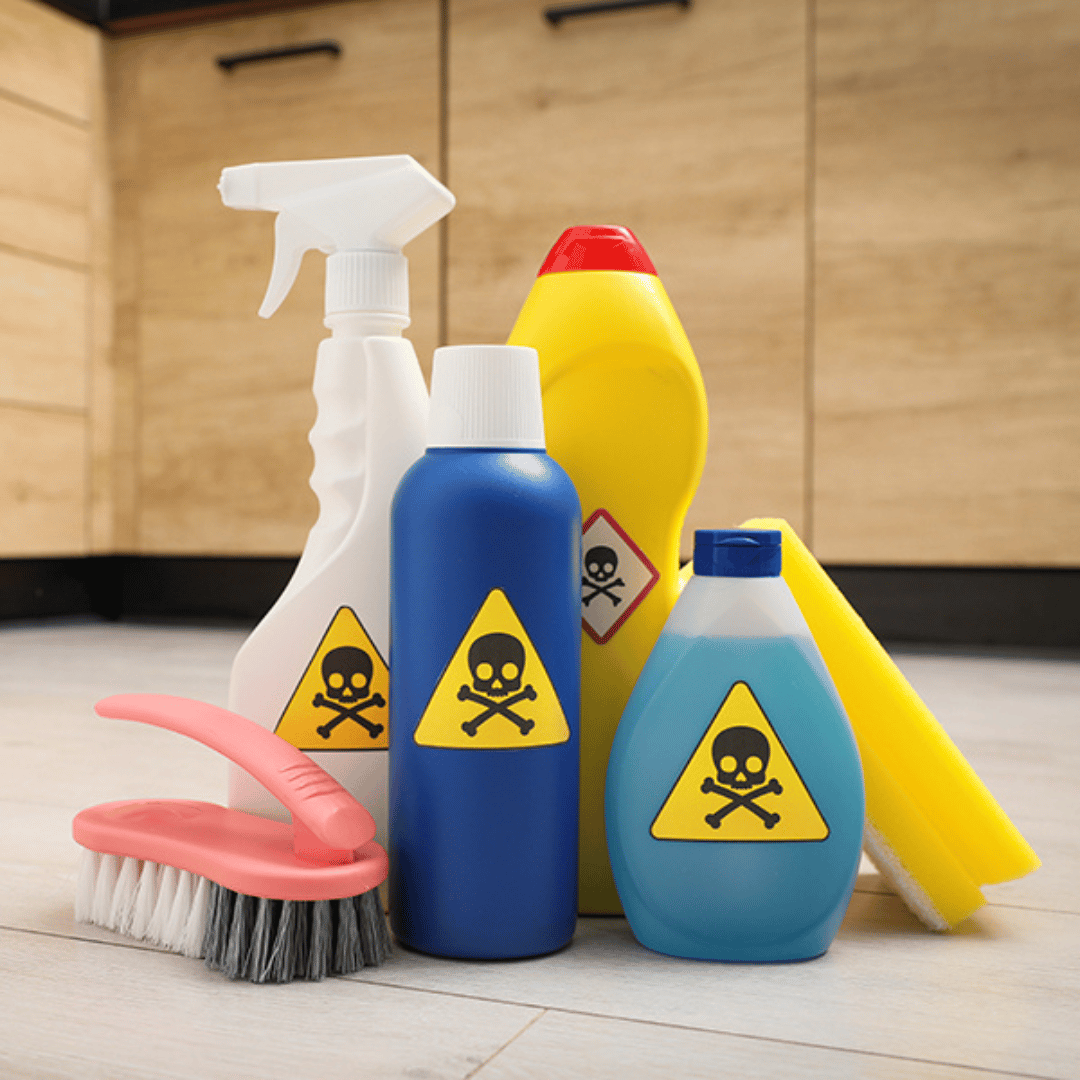
General Ingredients to Avoid
Beware of bleach, ammonia, chlorine, glycol ethers and formaldehyde. These can cause respiratory and gastrointestinal issues in pets.
- For Dogs: Avoid cleaners with xylitol, a sweetener toxic to dogs, and certain essential oils like pine, citrus and ylang-ylang. Even 'natural' labels can be misleading.
- For Cats: Steer clear of cleaners containing permethrins, a common class of insecticide, as they are particularly toxic to cats. Also, avoid phenols in disinfectants and essential oils like tea tree, lavender and peppermint.
Remember, no product is entirely risk-free, so always use cleaners according to the instructions and store them safely out of pets' reach.
Signs and Symptoms of Pet Poisoning
Keep an eye out for any unusual behaviour in your fur babies, especially after they've been around those potent household cleaners. Here are some red flags to watch for:
- Vomiting or Diarrhea: If it suddenly hits them right after a cleaning session, something might be up.
- Difficulty Breathing: Listen for wheezing or coughing - it could mean trouble in the airways.
- Lethargy or Weakness: If they're feeling more like a snooze button than their usual sprightly selves, it's time to take notice.
- Drooling or Excessive Thirst: Extra slobber or a sudden thirst surge could point to a problem.
- Seizures or Loss of Coordination: In serious cases, their nerves could be under attack.
If you spot any of these warning signs, or if your pet starts acting out of character after encountering cleaning products, it's crucial to contact your vet ASAP.
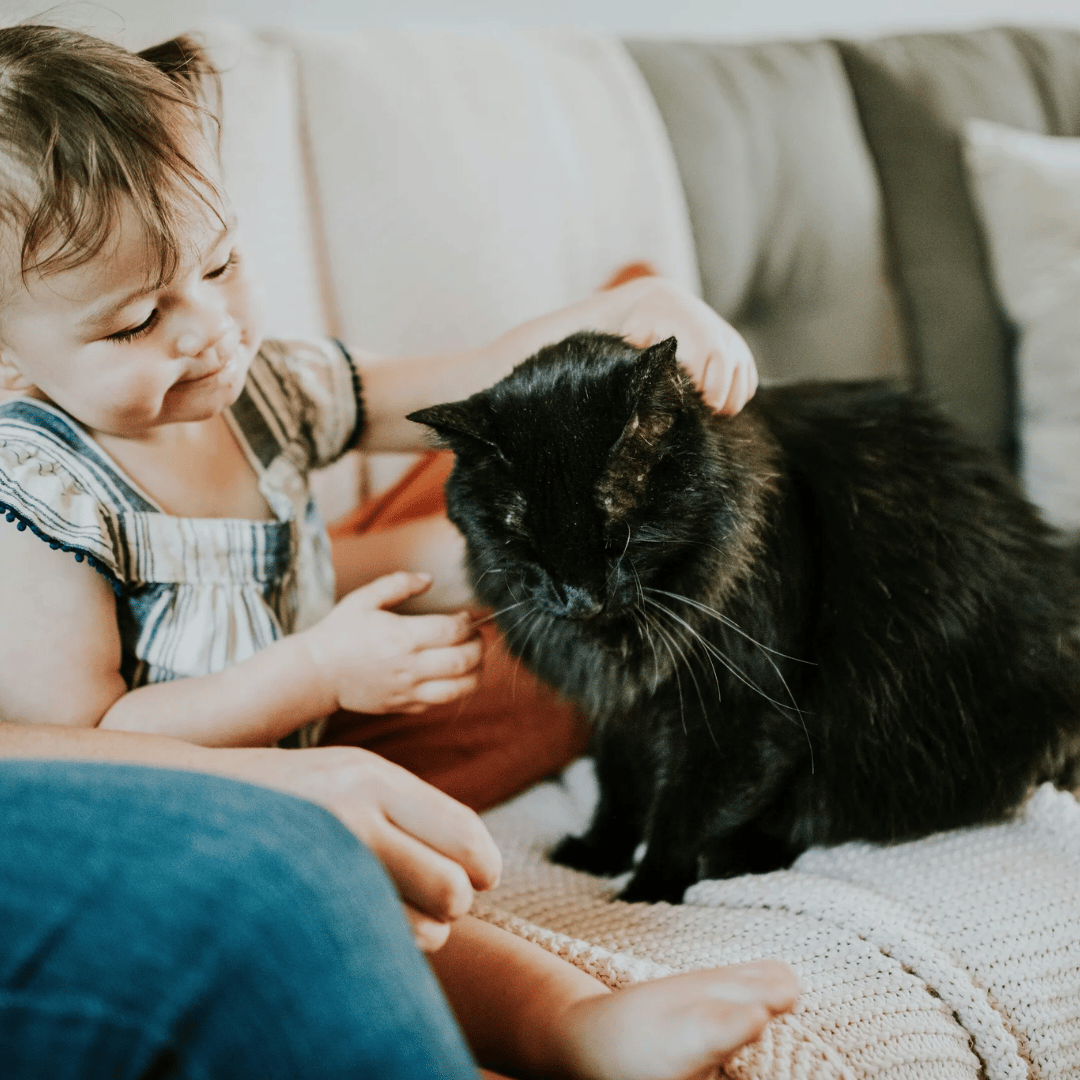
Now that you're pet-prepared, it's time to channel your inner cleaner and rejuvenate your home while confidently protecting your pets!
And don’t forget! CAA members receive an exclusive 12% discounted rate on Pets Plus Us Insurance. Learn more here: Pet Insurance - CAA Atlantic
CAA members receive an exclusive 13.5% discounted rate on Pets Plus Us Insurance.
Learn more today!
RELATED ARTICLES

Find the right insurance for you
Get behind the wheel knowing you’re in control of your driving habits and budget.

8 tips for travelling with your pets
Travelling with your pet isn’t as easy as throwing a leash and kibble in the trunk. Vacation in confidence with our guide.

Seasonal allergies in pets
Itchy skin, watery eyes, sneezing and wheezing... It’s not just humans who suffer from seasonal allergies. Follow our tips to ease these symptoms with your pets.
